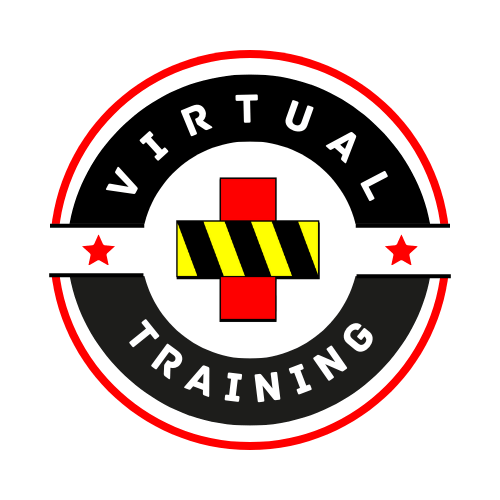"No plan of operations extends with certainty beyond the first encounter with the enemy's main strength" ~ Helmuth von Moltke the Elder

Retired General Colin Powell also simplified this (Occam's Razor) as,
"No plan survives first contact with the enemy."
Therefore, as leaders, we must understand and be prepared for the imperfections of crisis planning while we focus on our leadership that navigates us to a successful resolution.
And the time for that leadership to take center stage is when the event or incident is triggered.
Generally, the amount of time and effort needed to resolve the incident determines whether or not any escalation is required.
For example:
Spilled cup of coffee (LESS time and effort to resolve)
versus
Enterprise-wide cyber attack (MORE time and effort to resolve)
An entire module is dedicated to this critical transition.
Crisis Management
As you will see, there are lots of 'moving parts and pieces' needed before we're actually "managing the crisis."
- Believing that crisis management is simply a bag full of tactics is why so many other efforts fall short in preparing leaders for real world.
The elements of managing crisis can be extensive or minimal depending of course on the size of crisis.
- The same management and organizational principals apply however, whether managing the response to major crisis like hurricane or managing the bake sale at our local school.
Federal Guidance
This fundamental course wouldn't be complete without mentioning some over-arching guidance provided by the US government.
After the terror attacks on 9/11/2001, the United States accelerated their development of a national response plan to better coordinate federal activities during a crisis.
Those efforts led to the creation of the constantly evolving National Incident Management System, or NIMS. The finer details of NIMS are beyond the scope of this course but a quick summary is below:
National Incident Management System (NIMS)
According to the Federal Emergency Management Agency (FEMA), the National Incident Management System (NIMS):
"... guides all levels of government, nongovernmental organizations (NGO), and the private sector to work together to prevent, protect against, mitigate, respond to, and recover from incidents. NIMS provides stakeholders across the whole community with the shared vocabulary, systems, and processes to successfully deliver the capabilities described in the National Preparedness System."
NIMS is:
- A comprehensive, nationwide, systematic approach to incident management
- A set of concepts and principles for Prevention, Protection, Mitigation, Response, and Recovery.
Scalable, flexible, and adaptable. - Applicable to all incidents, from traffic accidents to major disasters.
In case you're wondering, YES, our courses are compliant with the expectations of NIMS. Read more below:
- Over 20 years, as a practitioner and as an instructor, I've gathered notable experience and insights into big and small crises in both the public and private sectors.
- I've also gained a significant - yet constantly developing - understanding of the constantly changing federal NIMS doctrine.
- Accordingly, I seldom advocate for strict adherence to the sometimes difficult-to-understand federal guidelines.
- Instead I focus on what my experience has taught me and try to apply the appropriate amount of specificity for the appropriate leader.
Once you're comfortable with this material, advance to the next lesson.

